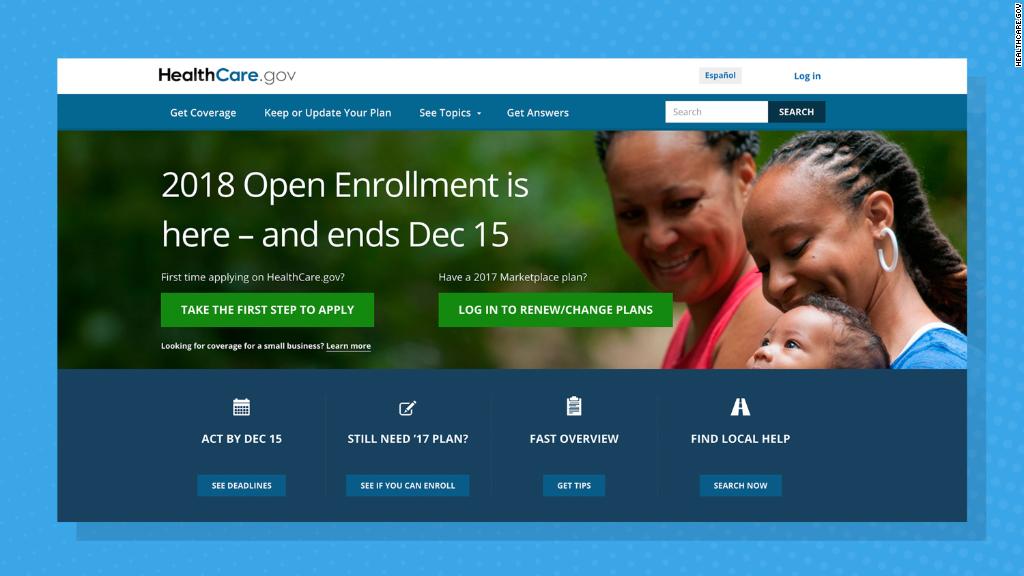
Senate Republicans voted early Saturday to seriously wound Obamacare by eliminating the individual mandate as part of the tax bill.
Next up, lawmakers may actually strengthen the health reform law as part of a deal to woo Maine Senator Susan Collins, who helped defeat the Senate's more comprehensive Obamacare repeal bill this summer.
Collins is pushing the stalled bipartisan Obamacare stabilization bill as a counterbalance to the repeal of the individual mandate, which requires nearly all Americans to get health insurance or pay a penalty. She's also advocating for a bill she co-authored with Democratic Senator Bill Nelson of Florida that aims to lower insurance premiums on the exchanges by helping insurers cover their costliest patients.
The moderate senator said Thursday these provisions will "most likely" be included in the upcoming continuing resolution to temporarily fund the federal government. She noted Friday that Senate Majority Leader Mitch McConnell "committed to support passage" of the bills before the end of the year.
Related: Here's what's in the Senate tax bill
Since the Senate and House still have to agree on a joint tax bill in conference committee, Collins has time to see whether the two Obamacare measures are passed in the spending bill.
"So I'm going to know whether or not those provisions made it and that matters hugely to me," she said at a Christian Science Monitor breakfast Thursday, adding she's primarily concerned about the increase in premiums that could result from ending the mandate.
The elimination of the mandate could increase premiums by 10% and could leave 13 million more people without coverage over a decade, according to the Congressional Budget Office. But it could also prompt healthy people to forgo coverage, leaving mostly sicker people in Obamacare policies. This, in turn, could make insurers flee the Affordable Care Act exchanges, which would rock the individual market.
The stabilization bill, co-authored by Tennessee Republican Senator Lamar Alexander and Washington Democratic Senator Patty Murray, calls for funding Obamacare's cost-sharing reduction payments for two years. In October, President Trump ended federal support for these subsidies, which help lower-income enrollees pay for medical care. The elimination of this funding prompted insurers to raise premiums for 2018 since they must still provide the subsidies.
Meanwhile, Collins said Friday her bill would appropriate $5 billion in 2018 and in 2019 to help states create state-based reinsurance programs that would help insurers pay for high-cost patients. (The original Collins-Nelson bill introduced earlier this year would have appropriated $2.25 billion each of those years.)
"The combination of those two bills would more than than offset the premium increase that would be caused by [repealing the individual mandate]," Collins said at the breakfast.
Related: Obamacare enrollment could fall millions short for 2018
But the non-partisan Congressional Budget Office and health policy experts don't agree.
The CBO issued a report Wednesday that said that passing the Alexander-Murray bill will not substantially change the impact of repealing the mandate.
And health policy experts have questioned whether Collins' bill would help reduce premiums long-term since it only provides funding for two years.
An even bigger question is whether either of these bills will actually become law. Conservative House Republicans said earlier this week that they would not support the Alexander-Murray bill, which they called a bailout for insurance companies.


